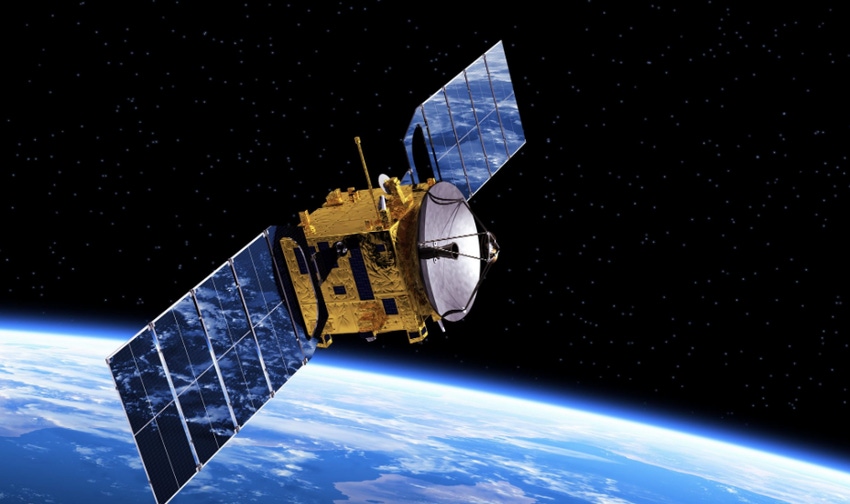Kepler raises $92 million for its ‘internet for space’ programme
Kepler Communications, which says it is planning to bring ‘modern Internet capabilities into space’ has raised $92 Million in Series C funding led by IA Ventures.
April 14, 2023

Kepler Communications, which says it is planning to bring ‘modern Internet capabilities into space’ has raised $92 Million in Series C funding led by IA Ventures.
The firm has raised over $200 million in equity since 2016 from Costanoa Ventures, Canaan Partners, Tribe Capital, BDC Capital’s Industrial Innovation Venture Fund, and others. This latest round of funding is earmarked for the launch of optical data relay infrastructure next year, bolstering its existing RF network.
The wider Kepler Network project is intended to deliver data to and from spacecraft in real time, via a data relay through SDA-standard optical terminals. Kepler’s constellation will be made up of 21 satellites after the launch of two additional spacecraft in mid-April 2023, and it plans to launch two Pathfinder satellites in Autumn 2023 in order to test the optical communication technology.
In terms of the technical nuts and bolts, we’re told Kepler’s optical communications infrastructure will use two near-orthogonal planes of relay satellites in sun-synchronous orbits, with satellites continuously connected using SDA-compatible optical inter-satellite links. This will apparently ‘streamline on-orbit communications with a network infrastructure designed to act as Internet exchange points (IXP) for space-to-space data relay’.
“Since our foundation, Kepler has been dedicated to enabling the future of space communications; working tirelessly to create the infrastructure needed for real-time, always-available access to space assets,” said Mina Mitry, chief executive officer for Kepler. “As we build out The Kepler Network, we are solving challenges the industry faces and simplifying mission communications by bringing modern Internet capabilities into space. Internet services on Earth completely transformed civilization, and we believe extending the Internet to space will have the same far-reaching impact.”
Brad Gillespie, general partner at IA Ventures added: “Exponentially decreasing launch costs make space more accessible than ever, but connectivity beyond Earth is still costly, challenging, and inconsistent. The Kepler Network solves this by providing a fast, open, developer-friendly network enabling ‘it-just-works’ connectivity between any asset in space and back to Earth—and someday to Mars and beyond! With proven customer demand for their high-speed optical network, we are excited to lead this funding round to enable Kepler to continue its rapid growth and achieve profitability.”
Optical services will be accessible to customers by Q1 2025, we’re told – those customers being firms that operate space assets. While this project seems to be about providing consistent connectivity for orbiting craft/satellites, space-based connectivity in general is certainly a busy sector at the moment. This week satellite operator Inmarsat announced a tie-up with Taiwanese chip maker MediaTek as it ramps up efforts to capitalise on the direct-to-device (D2D) comms hype. And recently Low Earth Orbit satellite firm OneWeb launched a further 36 satellites to complete its planned constellation. Barely a week goes by when there isn’t some form of announcement from the key players in the area.
It’s not all wins across the board however, a few weeks ago Virgin Orbit announced that it would cease operations for the foreseeable future after failing to secure funding, following a failed satellite launch in January.
Get the latest news straight to your inbox. Register for the Telecoms.com newsletter here.
About the Author(s)
You May Also Like








.png?width=300&auto=webp&quality=80&disable=upscale)


_1.jpg?width=300&auto=webp&quality=80&disable=upscale)


.png?width=800&auto=webp&quality=80&disable=upscale)